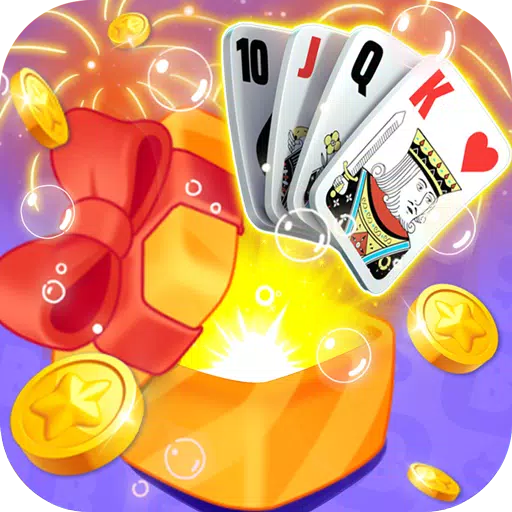
The "AAA" label in game development is losing its relevance, according to many developers. Initially signifying massive budgets, high quality, and low failure rates, it's now seen as a marker of profit-driven competition that often sacrifices innovation and quality.
Revolution Studios co-founder, Charles Cecil, calls the term "silly and meaningless," a relic of a time when industry shifts prioritized profit over artistic merit.
Ubisoft's Skull and Bones, marketed as a "AAAA" title, serves as a prime example. A decade-long development cycle culminated in a disappointing release, highlighting the emptiness of such labels.
Major publishers like EA also face criticism for prioritizing mass production over player engagement and unique experiences.
Conversely, numerous indie studios consistently produce games that resonate more deeply than many "AAA" titles. Baldur's Gate 3 and Stardew Valley exemplify how creativity and quality surpass budget in creating impactful gaming experiences.
The prevailing view is that a profit-first mentality stifles creativity. Developers are hesitant to take risks, leading to a decline in innovation within large-scale game development. The industry needs a fundamental shift in approach to recapture player interest and inspire a new generation of game creators.







